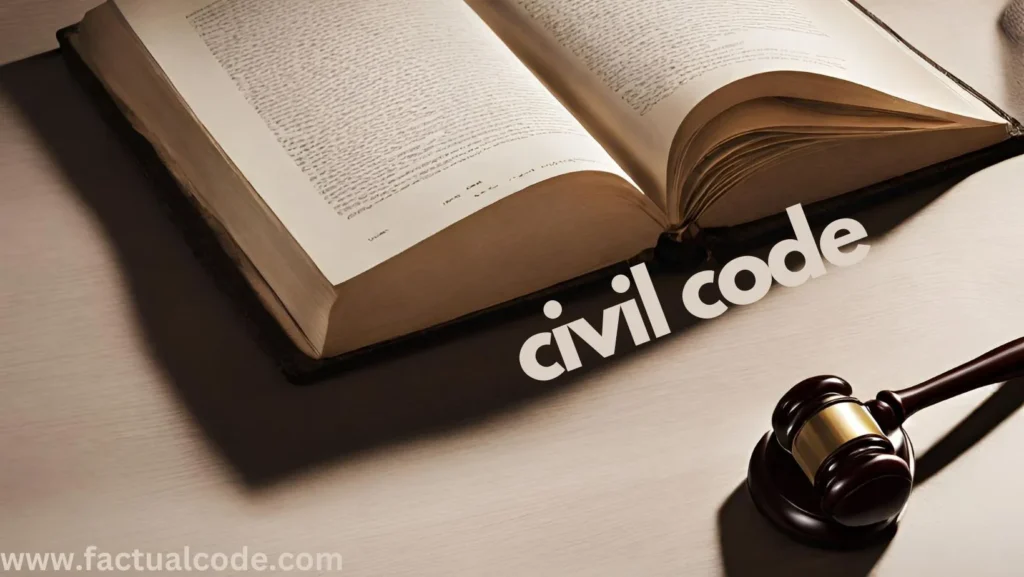Introduction
The doctrine of Res Judicata, meaning “a matter already judged,” is a cornerstone of Indian civil law as codified in Section 11 of the Code of Civil Procedure, 1908 (CPC). It prevents the re-litigation of issues already decided by a competent court, ensuring judicial efficiency and finality in legal proceedings. The maxim “nemo debet bis vexari pro una et eadem causa”, or “no one should be vexed twice for the same cause,” reflects its underlying principle.
This doctrine is essential for maintaining public trust in judicial pronouncements, preventing judicial delays, and curbing frivolous suits.
Explanation of Res Judicata
Section 11 of the CPC prohibits courts from trying suits or issues previously adjudicated by a competent court. For the doctrine to apply, the following conditions must be satisfied:
1. Matter directly and substantially in issue must have been addressed in the previous case.
2. The earlier suit must have been decided by a court of competent jurisdiction.
3. The previous decision must have been final and on merits.
4. The parties in both cases must be the same or litigating under the same title.
Illustration:
If A sues B over ownership of land and the court decides in A’s favor, B cannot bring a fresh suit challenging the same ownership unless exceptional circumstances exist.
Objects of Res Judicata
The doctrine aims to:
1. Ensure Finality of Decisions: Prevent endless litigation by binding parties to prior judgments.
2. Promote Judicial Efficiency: Save time and resources for courts and litigants by avoiding re-examination of settled issues.
3. Prevent Abuse of Judicial Process: Protect parties from being harassed with repetitive suits.
4. Uphold the Rule of Law: Foster respect for judicial decisions.
5. Maintain Equity and Justice: Ensure fairness by disallowing multiple suits on the same matter.
Principles of Res Judicata
The doctrine is governed by the following principles derived from Section 11:
1. Competent Jurisdiction:
The earlier decision must have been made by a court with proper jurisdiction. Judgments by courts lacking jurisdiction are null and void.
2. Identity of Parties:
Res Judicata applies only if the parties in both suits are the same or claim under the same title.
3. Identity of Matter in Issue:
The subject matter in the subsequent suit must be substantially identical to that in the earlier suit.
4. Same Cause of Action:
The cause of action (reason for litigation) in both suits must be the same.
5. Final Decision on Merits:
The earlier judgment must have conclusively resolved the dispute on its merits, not merely on procedural grounds.
6. Prohibition of Re-Litigation:
Once decided, a matter cannot be re-adjudicated unless exceptional circumstances justify reopening.
Application of Res Judicata
Res Judicata applies primarily in civil suits but has been extended to other proceedings:
1. Writ Petitions:
The Supreme Court in Daryao v. State of Uttar Pradesh (1961) held that Res Judicata applies to writ petitions under Article 32 or Article 226 of the Constitution.
2. Public Interest Litigations (PILs):
To prevent misuse of PILs, the doctrine applies when similar issues raised in a prior PIL are conclusively settled.
Exceptions to Res Judicata
Certain circumstances allow re-litigation despite the doctrine:
1. Fraud:
Judgments obtained through fraud are not binding. Fraud nullifies judicial proceedings.
2. Lack of Jurisdiction:
Decisions by courts without jurisdiction are void and cannot create a Res Judicata bar.
3. Violation of Fundamental Rights:
Fundamental rights enforcement remains beyond the scope of Res Judicata.
4. Change in Circumstances:
Significant changes in facts or law after the initial judgment may justify a fresh suit.
Case Laws Highlighting Res Judicata
1. Daryao v. State of UP (1961):
The doctrine was applied to writ petitions, emphasizing judicial finality.
2. Satyadhyan Ghosal v. Deorajin Debi (1960):
Defined the scope of Res Judicata and its applicability in execution proceedings.
3. Gulabchand Chhotalal v. State of Gujarat (1965):
Expanded the application of Res Judicata to include civil and constitutional matters.
Critical Observations
Res Judicata strengthens judicial efficiency but may sometimes limit the ability to address grievances caused by errors in earlier judgments.
The doctrine balances the need for finality with the necessity of justice, as reflected in its exceptions.
Conclusion
The doctrine of Res Judicata, enshrined in Section 11 of the CPC, is indispensable to the Indian judicial system. It prevents repetitive litigation, ensures judicial efficiency, and upholds the finality of decisions. While its exceptions maintain flexibility, its rigorous application ensures that no party abuses the judicial process. Understanding this doctrine is crucial for law students and practitioners, as it exemplifies the interplay between justice, efficiency, and equity in legal proceedings.
References- THE CODE OF CIVIL PROCEDURE, 1908 www.indiacode.nic.in Daryao And Others vs The State Of U. P. And Others(And … on 27 March, 1961 Satyadhyan Ghosal And Others vs Sm. Deorajin Debi And Another on 20 April, 1960 Gulabchand Chhotalal Parikh vs State Of Bombay (Now Gujarat) on 14 December, 1964 blog.ipleaders.in legodesk.com

